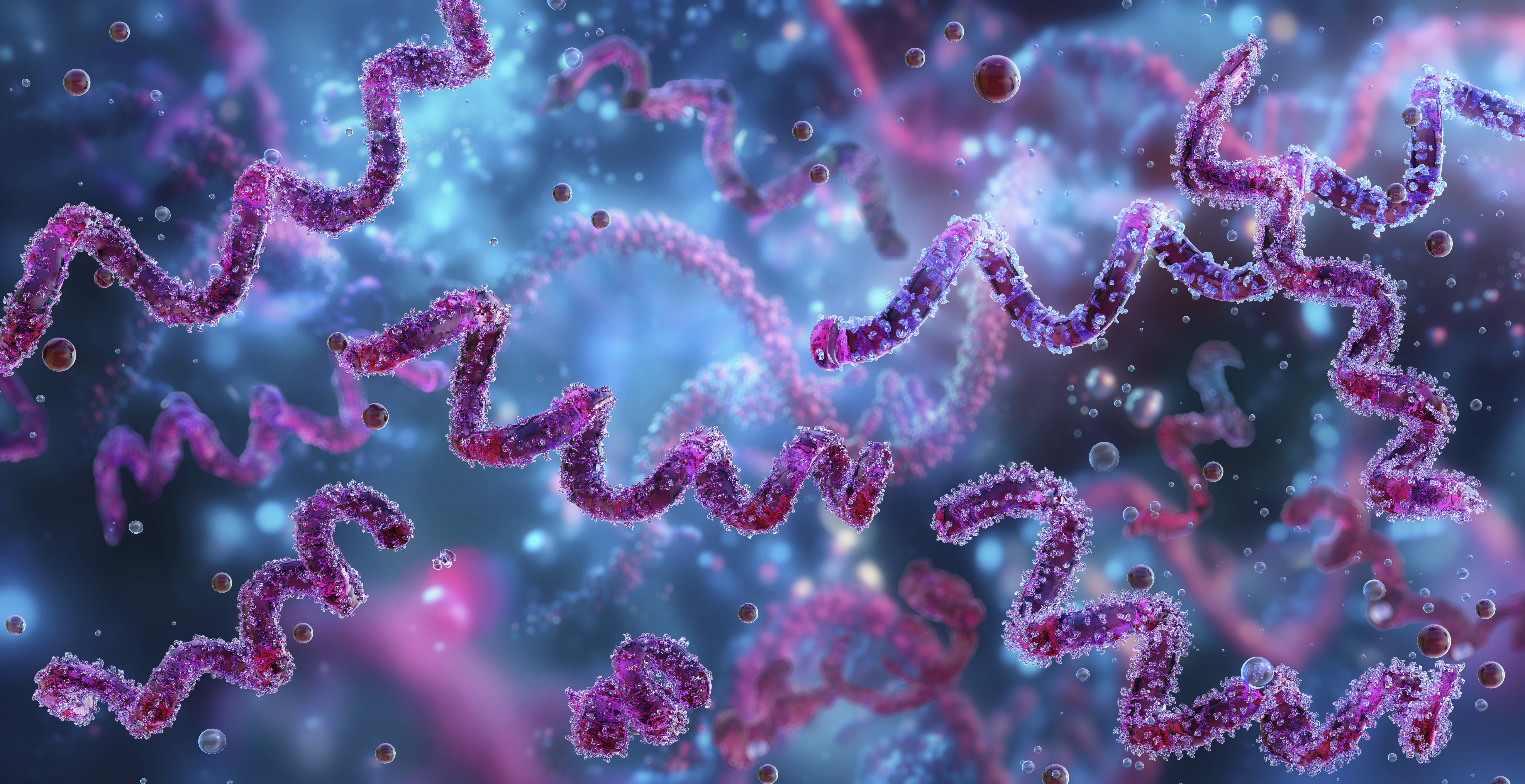Why are young, healthy people dying from COVID-19? Genes may reveal the answer.
Some people may be susceptible to severe infection due to differences in their genetic code.

Get the world’s most fascinating discoveries delivered straight to your inbox.
You are now subscribed
Your newsletter sign-up was successful
Want to add more newsletters?

Delivered Daily
Daily Newsletter
Sign up for the latest discoveries, groundbreaking research and fascinating breakthroughs that impact you and the wider world direct to your inbox.

Once a week
Life's Little Mysteries
Feed your curiosity with an exclusive mystery every week, solved with science and delivered direct to your inbox before it's seen anywhere else.

Once a week
How It Works
Sign up to our free science & technology newsletter for your weekly fix of fascinating articles, quick quizzes, amazing images, and more

Delivered daily
Space.com Newsletter
Breaking space news, the latest updates on rocket launches, skywatching events and more!

Once a month
Watch This Space
Sign up to our monthly entertainment newsletter to keep up with all our coverage of the latest sci-fi and space movies, tv shows, games and books.

Once a week
Night Sky This Week
Discover this week's must-see night sky events, moon phases, and stunning astrophotos. Sign up for our skywatching newsletter and explore the universe with us!
Join the club
Get full access to premium articles, exclusive features and a growing list of member rewards.
Young, healthy people are dying of COVID-19 infections, even if most serious cases occur in the elderly and those with preexisting conditions. Now, scientists are looking to see if genes may explain why some people fall seriously ill while others show only mild symptoms, Science magazine reported.
Several ongoing projects aim to analyze and compare the DNA of those with severe COVID-19 infection to those with mild or asymptomatic cases. Differences may lie in genes that instruct human cells to build a receptor called ACE2, which the novel coronavirus relies on to enter cells, Science reported. Alternatively, it may be that genes that support the body's immune response to the virus differ between individuals, or that those with particular blood types carry protective genetic traits that shield them from illness, as suggested by a preliminary study from China.
For now, we don't know which genes might render people susceptible to serious COVID-19 infection, but given the pace of the pandemic, researchers could identify likely candidates within a few months, Andrea Ganna, a geneticist at the University of Helsinki’s Institute for Molecular Medicine Finland (FIMM), told Science.
Related: 10 deadly diseases that hopped across species
Ganna and FIMM Director Mark Daly are heading an international effort to collect genetic data from COVID-19 patients, known as the COVID-19 Host Genetics Initiative. Several biobanks, including FinnGen in Finland and the 50,000-participant biobank at the Icahn School of Medicine at Mount Sinai in New York, have "expressed interest" in contributing data to the study, according to Science. Some groups working with the initiative plan to collect DNA samples from willing patients who are currently hospitalized with COVID-19 infections. Alessandra Renieri, a geneticist at the University of Siena in Italy, expects 11 Italian hospitals to participate in such a study with her own research group.
"It is my opinion that [host] genetic differences are a key factor … for susceptibility to severe acute pneumonia," Renieri told Science. Jean-Laurent Casanova, a pediatrics researcher at the Rockefeller University, is organizing a similar effort within a global network of pediatricians. Their aim is to study "previously healthy" patients under age 50 who have developed severe COVID-19 infections, as their vulnerability to the virus likely lies in their genes, Casanova told Science.
As part of their own initiatives, the UK Biobank will also begin curating data from COVID-19 patients, and the Iceland-based company deCODE Genetics will partner with the country's government to do the same. In the U.S., the Personal Genome Project at Harvard University is recruiting volunteers to share their genetic data, tissue samples, health data and COVID-19 status, Science reported.
Get the world’s most fascinating discoveries delivered straight to your inbox.
In the coming weeks and months, these and other projects may reveal why COVID-19 only triggers a transient cough in some people, while endangering the lives of many others.
- Going viral: 6 new findings about viruses
- The 12 deadliest viruses on Earth
- Top 10 mysterious diseases
Originally published on Live Science.
OFFER: Save at least 53% with our latest magazine deal!
With impressive cutaway illustrations that show how things function, and mindblowing photography of the world’s most inspiring spectacles, How It Works represents the pinnacle of engaging, factual fun for a mainstream audience keen to keep up with the latest tech and the most impressive phenomena on the planet and beyond. Written and presented in a style that makes even the most complex subjects interesting and easy to understand, How It Works is enjoyed by readers of all ages.

Nicoletta Lanese is the health channel editor at Live Science and was previously a news editor and staff writer at the site. She holds a graduate certificate in science communication from UC Santa Cruz and degrees in neuroscience and dance from the University of Florida. Her work has appeared in The Scientist, Science News, the Mercury News, Mongabay and Stanford Medicine Magazine, among other outlets. Based in NYC, she also remains heavily involved in dance and performs in local choreographers' work.
 Live Science Plus
Live Science Plus











